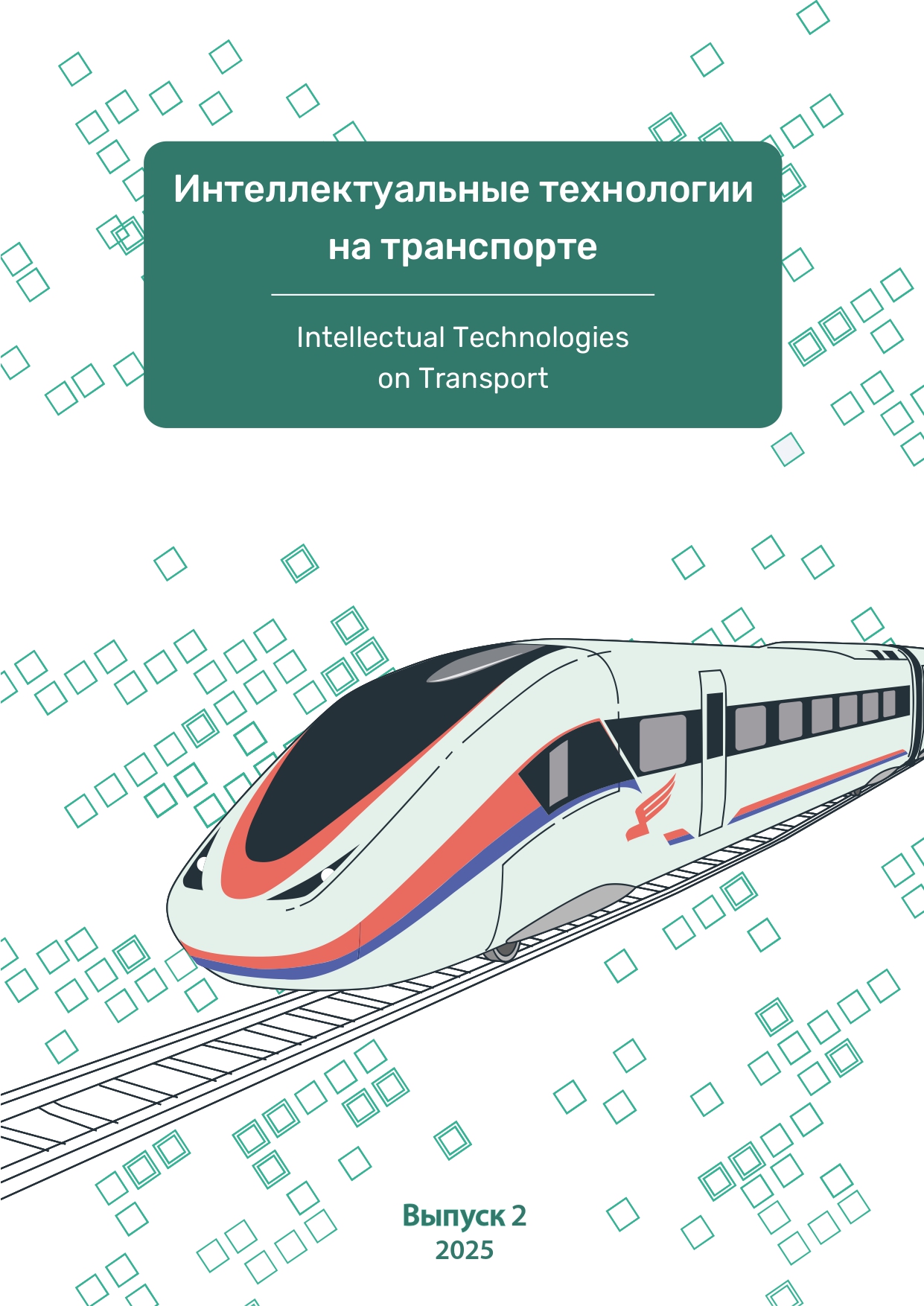employee
Russian Federation
student
Russian Federation
employee
Russian Federation
VAK Russia 1.2.2
UDC 681.3
This paper presents a statistical analysis based on a survey of students’ attitudes towards certain humanities subjects. Purpose: to identify the structural links between different disciplines and the various types of students’ goal orientation. Methods: rank correlation coefficient-based statistical techniques were used. Results: an experimental learning model has been developed for a cycle of the university humanities disciplines, providing a qualitative analysis of pedagogical activity. The constructed model is based on probabilistic and statistical methods of graph theory. A set of programmes has been developed for the model to function in the Wolfram language. There has been a notable increase in student interest in managing their own learning activities, as well as in creating the conditions for improvement and establishing the necessary links between participants in educational activities. Practical significance: the developed model enables participants in the educational process, particularly students, to actively engage with university educational activities.
monitoring of learning, Spearman’s correlation coefficient, Kendall’s correlation coefficient, structural model, sample mean
1. Zinchenko V. O. Monitoring kachestva uchebnogo protsessa v vuze: rezultaty eksperimenta [Monitoring of Quality of Educational Process in a Higher Educational Institution: Results of Experiment], Vestnik Kostromskogo gosudarstvennogo universiteta imeni N. A. Nekrasova. Seriya: Pedagogika. Psikhologiya. Sotsiokinetika [Vestnik of Nekrasov Kostroma State University. Series: Pedagogy. Psychology. Sociokinetics], 2016, Vol. 22, No. 4, Pp. 188–192. (In Russian)
2. Galiakhmetova A. T., Aytuganova Z. I. Effektivnoe upravlenie kachestvom obrazovaniya v vuze na osnove integratsii traditsionnykh i distantsionnykh form kontrolya [Effective Management of Quality of Education at a Higher Education Institution Based on the Integration of Traditional and Remote Forms of Control], Vestnik Kostromskogo gosudarstvennogo universiteta imeni N. A. Nekrasova. Seriya: Pedagogika. Psikhologiya. Sotsialnaya rabota. Yuvenologiya. Sotsiokinetika [Vestnik of Nekrasov Kostroma State University. Series: Pedagogy. Psychology. Social Work. Juvenology. Sociokinetics], 2015, Vol. 21, No. 1, Pp. 92–94. (In Russian) EDN: https://elibrary.ru/TQKSZB
3. Volokobinskiy M. Yu., Pekarskaya O. A. Metodika prognozirovaniya itogovoy uspevaemosti obuchayushchikhsya v zavisimosti ot razlichnykh faktorov [The Methodology of Forecasting the Final Academic Performance of Students Depending on from Various Factors], CONTINUUM. Matematika. Informatika. Obrazovanie [CONTINUUM. Mathematics. Computer Science. Education], 2024, No. 1 (33), Pp. 43–50. DOI:https://doi.org/10.24888/2500-1957-2024-1-43-50. (In Russian) EDN: https://elibrary.ru/FITMHJ
4. Glukhov A. P., Lee A. S., Solomina I. G. Monitoring urovney i profiley tsifrovoy gramotnosti obuchayushchikhsya v regionalnoy sisteme obrazovaniya: analiz tsifrovykh razryvov [Monitoring of Digital Literacy Levels and Profiles in the Regional Education System: Analysis of Digital Gaps], Perspektivy nauki i obrazovaniya [Perspectives of Science and Education], 2023, No. 6 (66), Pp. 532–547. DOI:https://doi.org/10.32744/pse.2023.6.31. (In Russian) EDN: https://elibrary.ru/CDTARF
5. Portnova A. G., Lesnikova S. L., Rusakova N. A. Ispolzovanie matematicheskikh metodov dlya monitoringa kachestva uspevaemosti studentov [Mathematical Methods in Monitoring the Quality of Student Performance], Vestnik Kemerovskogo gosudarstvennogo universiteta. Seriya: Gumanitarnye i obshchestvennye nauki [Bulletin of Kemerovo State University. Series: Humanities and Social Sciences], 2020, Vol. 4, No.3 (15), Pp. 218–226. DOI:https://doi.org/10.21603/2542-1840-2020-4-3-218-226. (In Russian) EDN: https://elibrary.ru/YTCGUZ
6. Borovkov A. A. Matematicheskaya statistika: uchebnik [Mathematical statistics: textbook]. Saint Petersburg, LAN Publishing House, 2010, 704 p. (In Russian)
7. Bursian E. Y., Demin A. M., Glukhov A. P. Recognition of Manuscript Tables in Computer Processing of Technical Transport Documentation, Proceedings of Models and Methods of Information Systems Research Workshop in the frame of the Betancourt International Engineering Forum (MMISR 2019), St. Petersburg, Russia, December 04–05, 2019. CEUR Workshop Proceedings, 2020, Vol. 2556, Pp. 10–14. DOI:https://doi.org/10.24412/1613-0073-2556-10-14. EDN: https://elibrary.ru/QEIEQA
8. Goodfellow I., Bengio Y., Courville A. Glubokoe obuchenie [Deep Learning]. Moscow, DMK Press, 2018, 652 p. (In Russian)
9. Nikolenko S., Kadurin A., Arkhangelskaya E. Glubokoe obuchenie. Pogruzhenie v mir neyronnykh setey [Deep Learning: A Dive into the World of Neural Networks]. Saint Petersburg, Piter Publishing House, 2018, 480 p. (In Russian)
10. Bursian E. Y., Ushakova T. I, Shefner A. Y. Korrelyatsionnaya model monitoringa kachestva obrazovatelnogo protsessa v vysshem uchebnom zavedenii [Correlation Model of Monitoring of the educational Process Quality in a Higher Educational Institution], V Betankurovskiy mezhdunarodnyy inzhenernyy forum: sbornik trudov [Proceedings of the V Betancourt International Engineering Forum], Saint Petersburg, Russia, November 29 — December 01, 2023. Vol. 1. Saint Petersburg, Petersburg State Transport University, 2023, Pp. 139–145. (In Russian) EDN: https://elibrary.ru/CGVCOQ










